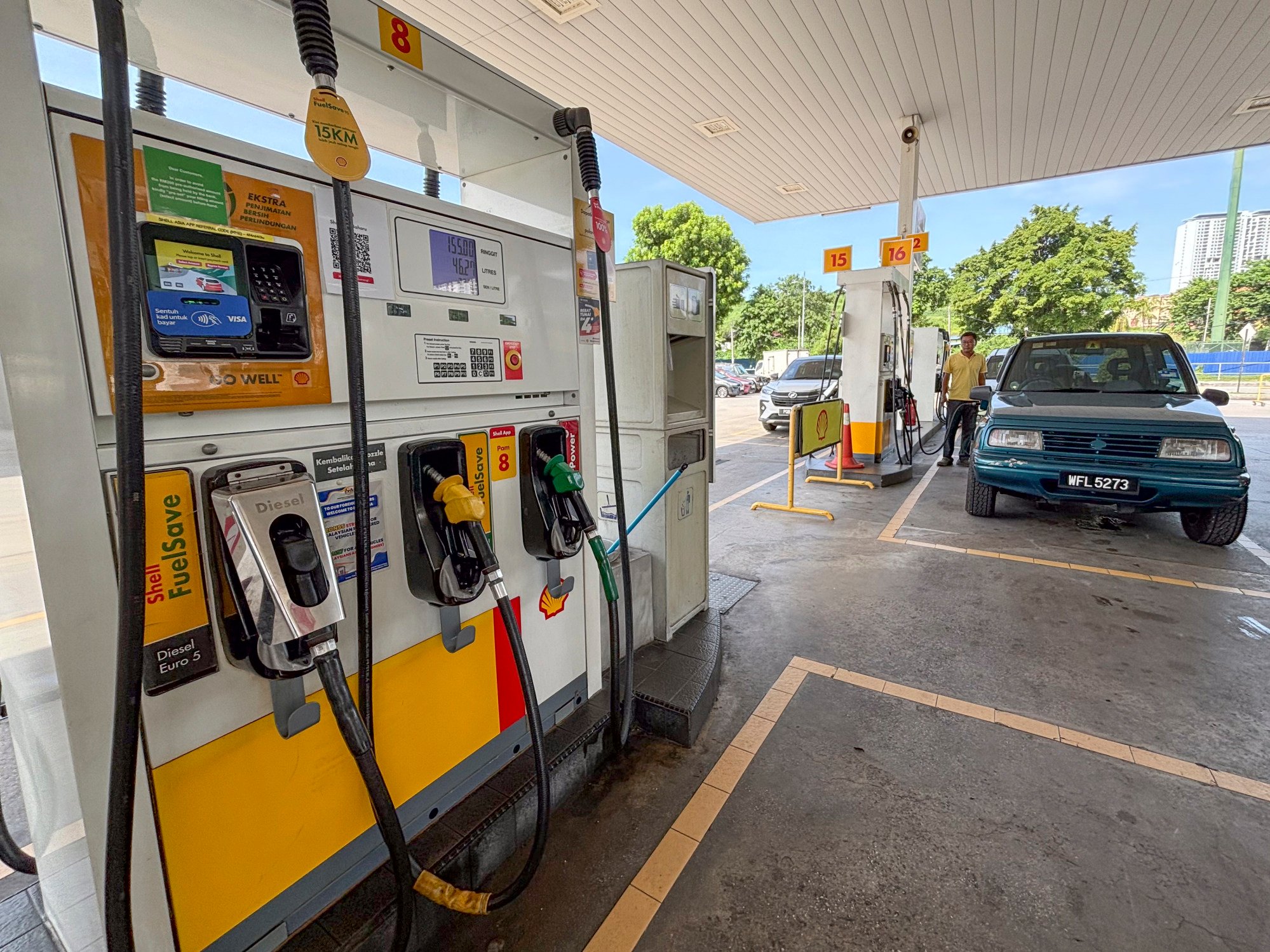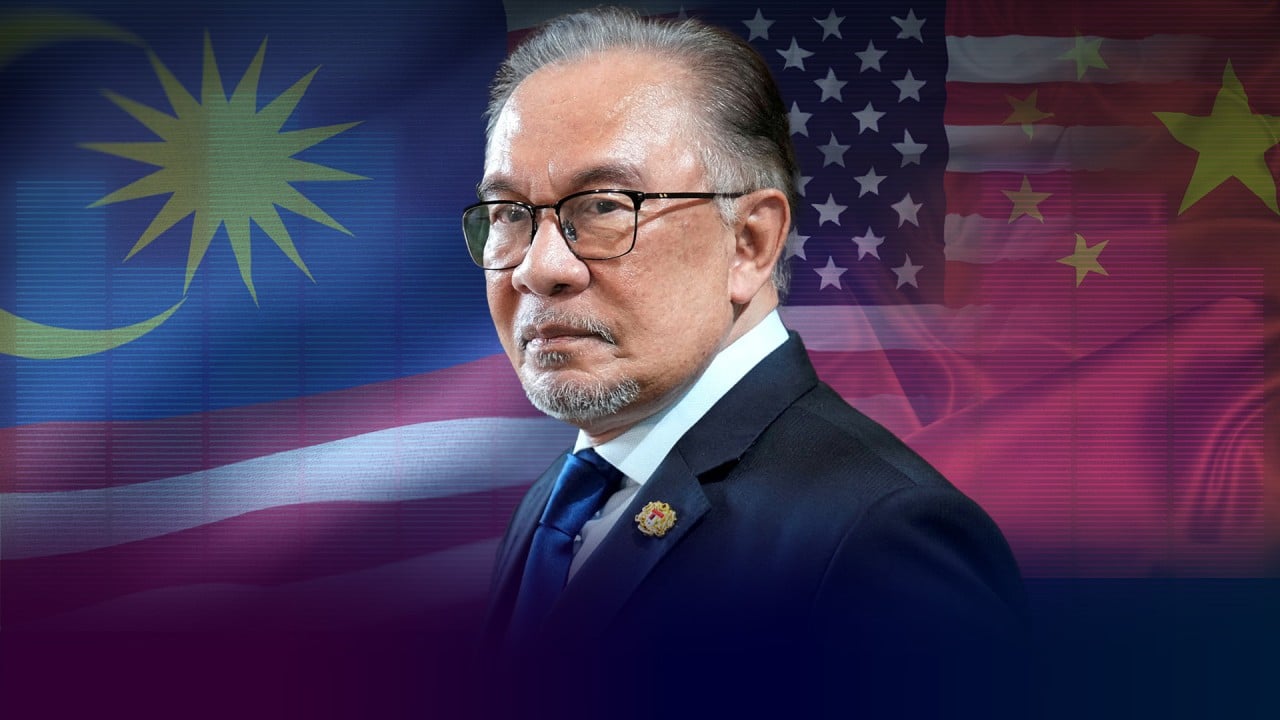“Plenty of funds were leaking over the years,” he said, adding that the subsidies had benefited 3.8 million foreigners.

“The number of cars produced from 2012 to 2020 was small compared to the skyrocketing increase in diesel consumption because the fuel was enjoyed by foreigners.”
There were bound to be teething problems in any subsidy rationalisation process when first rolled out, Anwar said.
“If there are weaknesses, inform us and we will correct them. Those who have concerns or issues with it, let us know so that we can improve,” he said.
“When we start something, there will be flaws. Tell us so we can correct it rather than saying cruel things [about it].”
Anwar, who is also Malaysia’s finance minister, acknowledged that the move had affected the public, but assured that his government would do its best to ensure deserving citizens continue to receive subsidies.
These subsidies are for the poor, the deserving. Those who deserve to get subsidies can apply for them
He accused detractors of attacking the government over subsidy rationalisation instead of offering constructive criticism.
“These subsidies are for the poor, the deserving. Those who deserve to get subsidies can apply for them,” Anwar said.
“Those who use diesel, like fishermen, farmers, public transport operators, all of them can apply for subsidies.”
Anwar told reporters after the event that the move to cut subsidies had affected companies bordering Malaysia, which had illegally benefited over the years.
“It will save us funds that have been misused by others,” he said.
“The savings from the diesel subsidy rationalisation would be returned to the people.”


